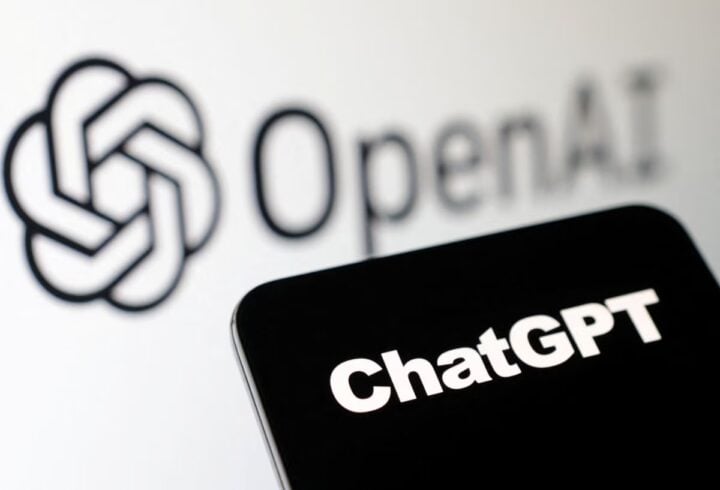Only 30 percent of consumers use ChatGPT for work-related tasks, according to a new study conducted by OpenAI and the National Bureau of Economic Research (NBER).
The working paper, published in September in collaboration with David Deming, a Harvard economist, said 70 percent of individuals deploy the artificial intelligence (AI) tool for personal use.
The report described ChatGPT’s dual role as “both a productivity tool and a driver of value for consumers in daily life.”
The document said 1.5 million consumer queries were examined to identify how usage patterns have evolved since the launch of ChatGPT in 2022.
Advertisement
According to the report, the researchers performed the analysis using automated tools to categorise usage patterns without infringing on privacy.
The report also revealed how the gender gap among consumers has “narrowed dramatically” over the years.
“In January 2024, among users with names that could be classified as either masculine or feminine, 37% had typically feminine names. By July 2025, that share had risen to more than half (52%),” the report reads.
Advertisement
The report also noted that the growth rates of AI tool adoption in the lowest-income countries were four times higher than those in the highest-income countries.
Furthermore, the report disclosed that 49 percent of people use ChatGPT as an advisor, while 40 percent use it for activities such as writing, programming, and planning.
The remaining 11 percent of use cases involve personal reflection, exploration, and play, the report said.
In August 2025, OpenAI recorded 700 million weekly users and launched GPT-5, which it described as its most advanced and powerful model to date.
Advertisement








